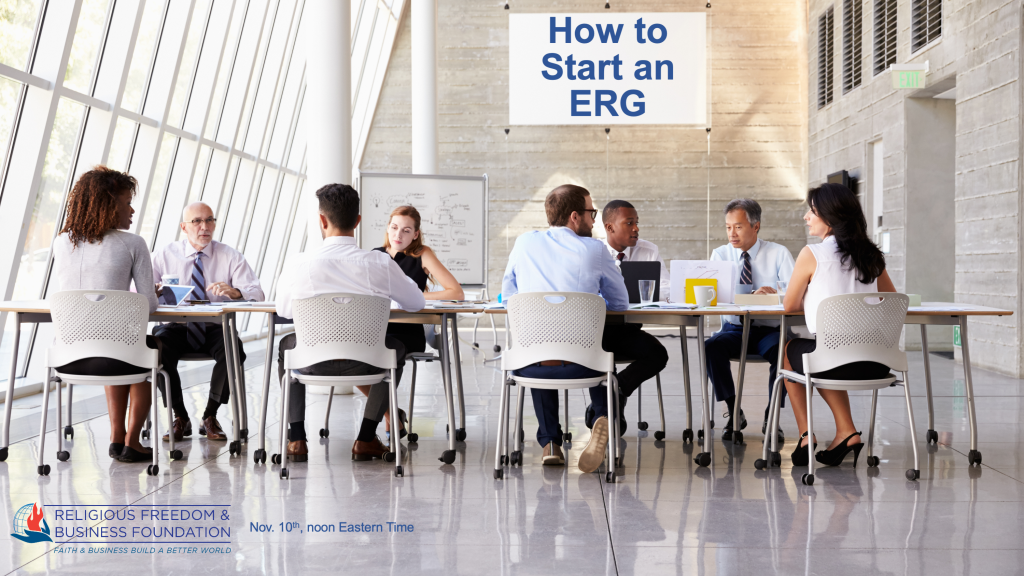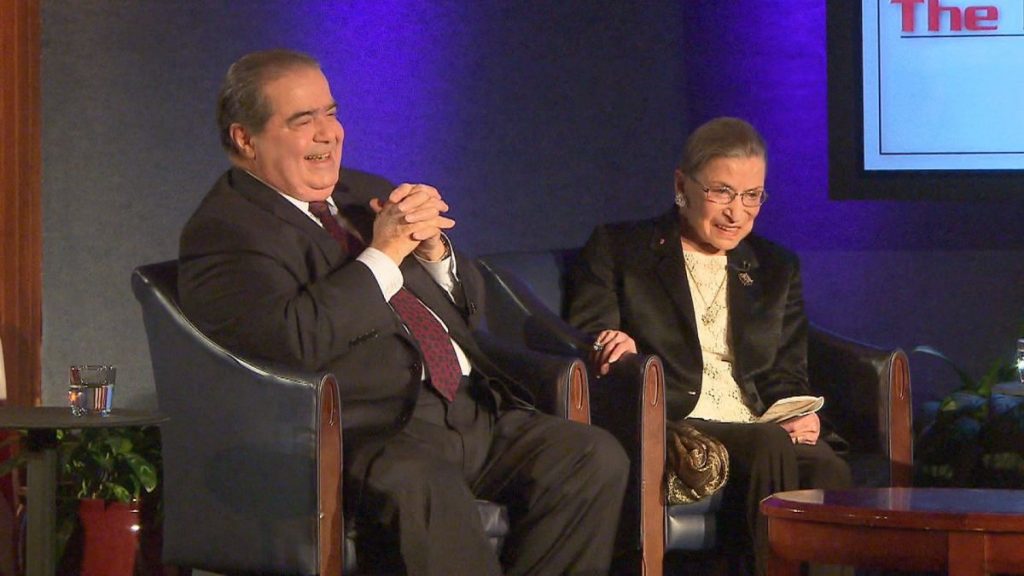
by Steve Hitz
Steve Hitz is a co-founder of Launching Leaders Worldwide www.llworldwide.org, a nonprofit organization that provides young adults with tools for personal leadership and faith. He is the author Launching Leaders: An Empowering Journey for a New Generation, and Entrepreneurial Foundations for Twenty and Thirty-Somethings, available at Deseret Book or Amazon. This was also published in Deseret News.
For several years I have been doing research and writing about anxiety and depression and related issues that affect a large percentage of our populous. These issues have had an especially profound impact on the rising generations. Our teens and 20 to 30-somethings, who are trying to redefine real purpose, wholeness, and well-being in their lives, are in a battle with prolonged isolation, feelings of hopelessness, financial loss, and stress.
I am sorry to report that in all my research and writing about this topic, it wasn’t enough to save my 39-year-old son from succumbing to these demons recently. His was a combination of mis-diagnosed prescription drug use, ADHD, and anxiety and depression with a COVID capper that caused his mind-set to finally throw in the towel. He left behind a loving wife, parents, four siblings and their spouses, nephews, nieces and many friends. He was truly loved and will be loved forever.
Now, amid the epidemic of the maladies that have raised the suicide rate to an all time high, I have discovered some solutions that may help those in the midst of this darkest loneliness to give life a chance. I speak as a father and close observer, not as an expert. I share things not normally published as the “list” of warning signs. Resources are plentiful today from professionals, which I heartily recommend. My observations are personal.
My source is largely from my son’s journal entries and our experiences with him, especially over the past ten years. While my son’s discoveries didn’t in the end provide the hope he needed to keep living, they are still relevant to each of us who HOPE for a brighter day; particularly those who have or are considering throwing in the towel.
The COVID-19 pandemic contributed greatly to my son’s outcome, but the path to this end started way before this. The Centers for Disease Control and Prevention reports 41 percent of U.S. adults reported at least one symptom of a mental health condition since the pandemic, growing to 52 percent of those aged 25-44, and 75 percent of those aged 18-24.
In another study by the CDC during late June, 40 percent of U.S. adults reported struggling with mental health or substance abuse including suicidal ideation. It is not uncommon for issues with mental health and substance abuse to go hand-in-hand.
With hopes that my experience can be of help during this Suicide Prevention Month, and though the sting of my son’s recent passing is still hurting, let me suggest three things to consider.
-
Proper Diagnosis and Treatment
My son lived with mental health challenges since he was first diagnosed with ADHD as a young boy. It’s important to understand that over the last twenty years, much more has been learned about prescribed drugs for such challenges. Mental health is a serious concern. Targeted medical care is essential. Let me explain.
I have been a diabetic for most of my life. When I was diagnosed at age 30, it was by a blood test I had for a physical exam. The general practitioner treated me with prescriptions for years; and every year or so, I would have another A1C test to see where we were. It wasn’t until my A1C exceeded 12 (extremely high), that my family doctor referred me to a specialist. Since that time, working with a doctor who specializes in endocrinology, have I been treated with the proper drugs, education, and diet that have brought my A1C down in the low 6’s. I don’t blame my general family doctor for my living with high blood sugar for many years; he did his best with what he knew. The point is, he didn’t know enough to treat my illness with exactness, and I didn’t know there was a better way.
The importance of having specialty doctors oversee and monitor mental illness is paramount. My son’s medications were such that if not used properly and under good supervision by medical professionals who are specialists, the side effects would increase dramatically.
In our world of conflict between proper medical care and affordability, MANY are so stressed about the financial implications of proper medical care that they don’t move toward better diagnosis and treatment because they can’t afford it. Everyone in this situation needs to know that there are help lines and programs available to offset the expenses of this dilemma. Regardless of medical insurance availability, a loved one needs to be the Sherpa in guiding this process. The person suffering from mental illness often cannot see the trees from the forest and needs a Sherpa. They may resist, but they need to be hooked into a lifeline as soon as possible.
-
Lovingly Step Over Their Protective Wall
There are always questions after one chooses to die by suicide, of what might have been done by others to prevent it. Truth is, ideas of prevention MUST come before, rather than following that act. For many who choose suicide, it is a planned event; a decision they made well before the point of no return. In this planning, it is very typical for the individual to both reach out and also isolate.
In our son’s case, he was very social by nature and really fun to engage with. In the past few months, he self-isolated and communicated less with his family and many friends. Isolation from peers leads to lower estimations of self-worth and self-confidence, which can also play a role in the path toward suicide. It can generally be recognized when self-isolation and lower levels of communication are occurring, and we should all have our senses on alert for these signs. When this happens, even though our intervention might not change the outcome, it is always worth the effort to step over their walls of isolation and invite ourselves in. While “love” is not enough, the simple fact that one cares enough to not allow a loved one to shut themself out is powerful medicine.
The idea of one reaching out at the same time of isolation seems paradoxical. Watch for the reaching out to be in the form of dropping clues of what’s coming. In our experience with our son, communications were less frequent, but held important clues. He sent short clips of movies he loved and shared with friends, which were revealing of his pain and were forecasting possible things to come.
One text to a friend, referenced The Never-ending Story, a movie from 1984. The character, Rockbiter, was lamenting to Atreyu, the boy whose mission it was to defeat the “nothing,” who said while looking at his big strong hands:
“They look like big good strong hands don’t they. I always thought that’s what they were. Aagh, my little friends. The little man with his racing snail. The nighthob, even the stupid bat. I couldn’t hold on to them. The “nothing” moved them right out of my hands. I failed. ….. Listen, the nothing will be here any minute. I will just sit here and let it take me away too. They look like good strong hands don’t they.”
My son was saying through this text and sharing of this clip that he was trying so hard to hang on. Watch for these signs as they are often communicated in an incognito way to disguise their true pain. They don’t want to “disappoint” anyone, and at this point are feeling like their life is a burden to those they love.
-
Faith Has a Place
In my son’s case, he found himself disconnected from traditional faith the last few years of his life, but not divorced from morality and in living a life of goodness. Faith is a sensitive topic, and though we were open about the different paths we had chosen, we didn’t judge each other for our choices in this regard. I believe faith of any sort is healthy in pushing away the demons of the day. Faith and belief in something greater than yourself is worth pursuing. It wasn’t a lack of faith in a higher power that caused my son to take his own life. But it didn’t help that the opportunities of discussions regarding faith and other forms of spiritual discernment were diminished—by his choice; causing his self-worth and confidence in a brighter future to diminish with it. It’s worth talking about.
In the end, I heard from many of my friends of faith from many different faith cultures sending loving threads, that, when quilted together made a wonderful blanket of faith I have wrapped myself in. I have a belief that my son has now found a space for faith. I want to encourage anyone in the midst of their darkest moments to consider faith as a powerful tool in resetting the path toward hope; and to not exclude these healthy conversations as a part of their whole self.
In future articles I will share from my son’s journal entries. We will discuss such things as love, money, and purpose as relates to mental health and suicide ideology. I believe these thoughts will establish some insights that are very helpful, if implemented, to create a lifestyle that assists in both holistic living, mental healing, and in overcoming suicidal ideation.
I’ll close with a quote from my son, who wrote a journal of “Lessons Learned” while traveling in Europe with his wife for three months with nothing but a backpack.
“Continually believing that you can reach your dreams in whatever you do is just as important as doing what you do. This doesn’t discount hard work…..But, belief in yourself, your abilities and your power to bring about great things is essential to actually doing those things in your life. I used to look at certain ideas, things, movies, etc. and marvel that such a thing could happen. Then, I would wonder if I could ever do something so great. There’s nothing wrong with being blown away by something, but I’ve now come to know that there is something wrong with thinking that maybe I could not do such a thing. It is always within my DNA to be able to create great things.”
My hope is that in sharing our experiences, MANY will come to know that all things are possible to those that believe—-especially the possibility of giving LIFE a chance.





















